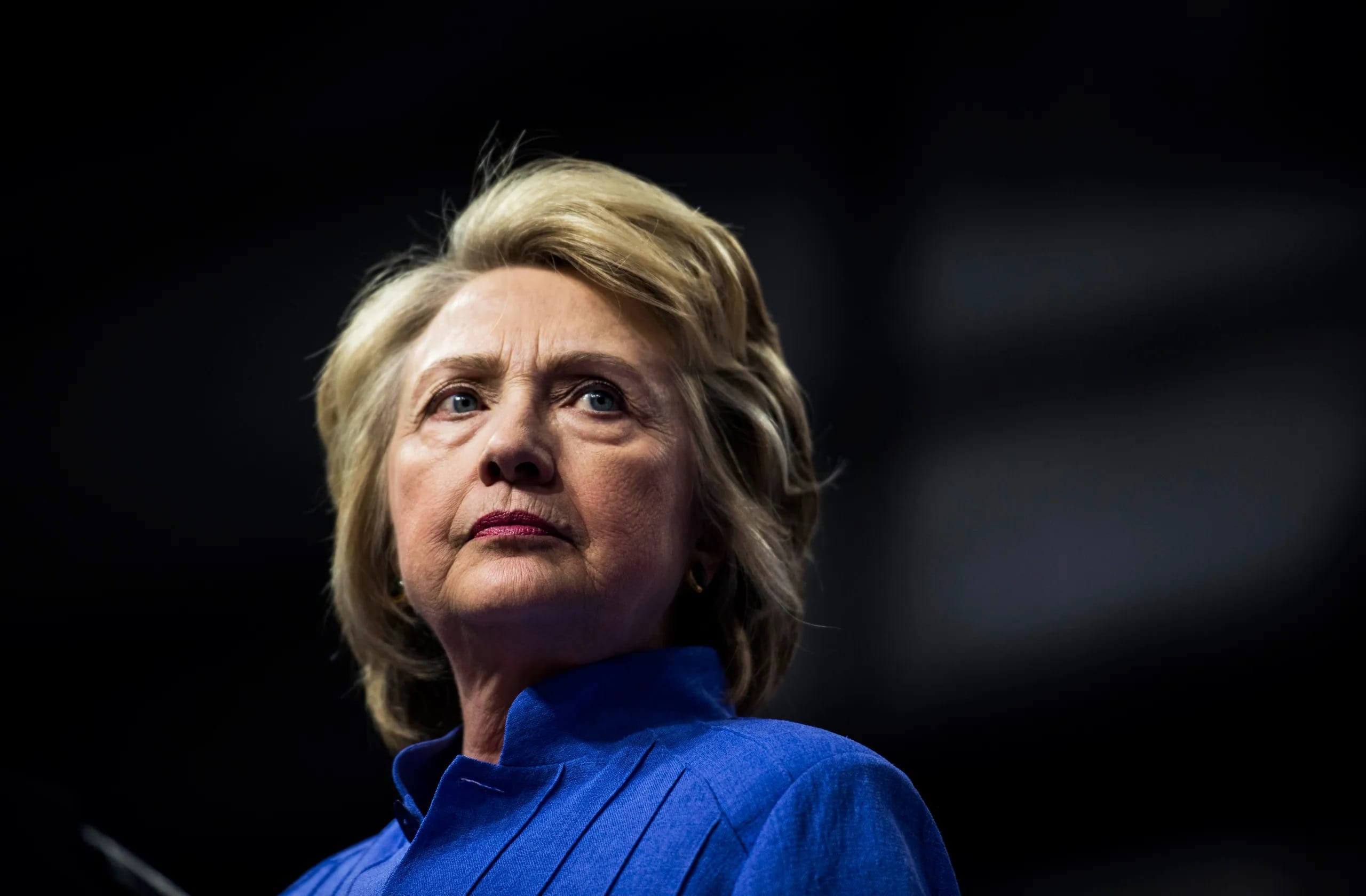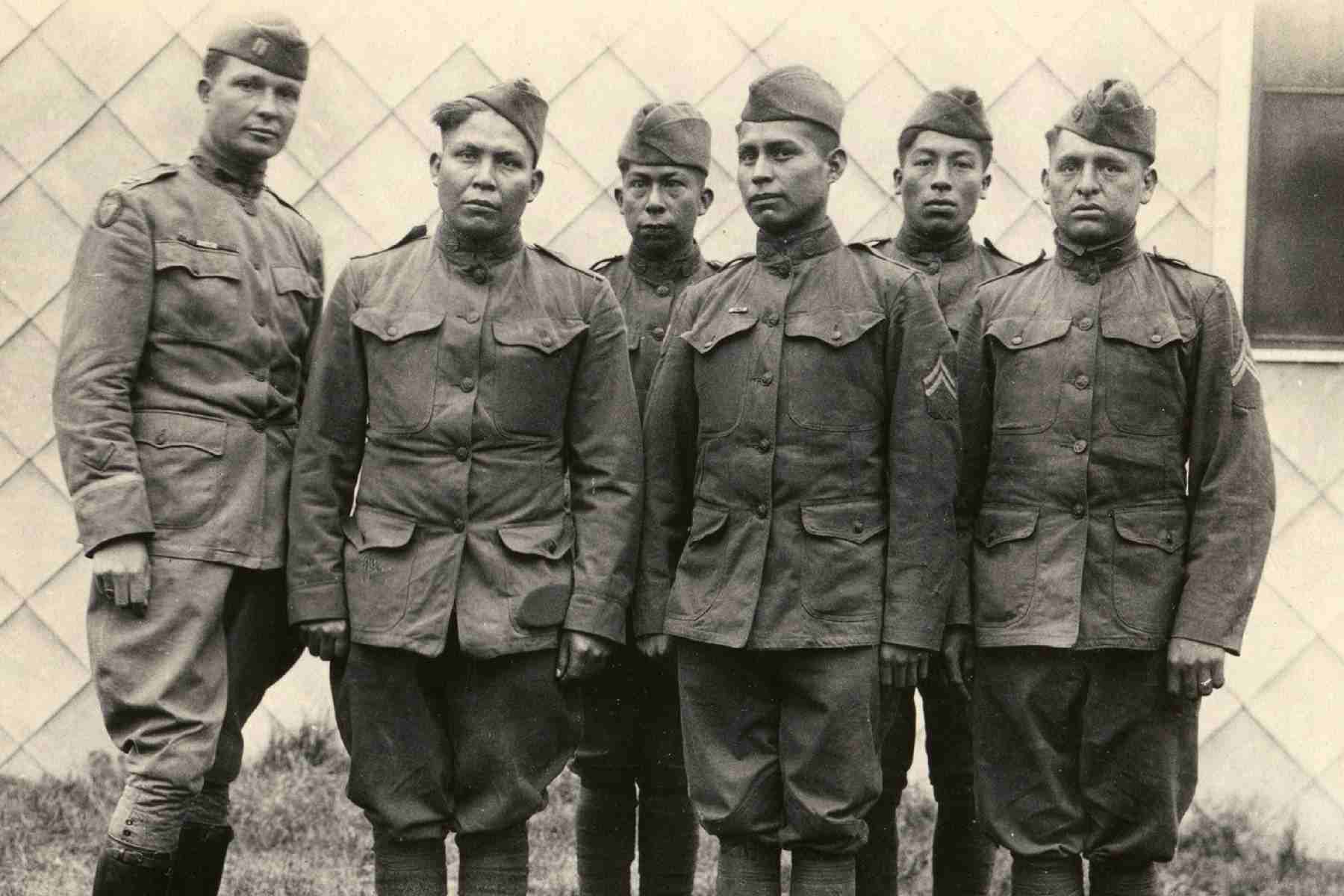
Did you know that Hillary Clinton's emails have been a hot topic for years? Whether you're a political junkie or just curious, understanding the facts behind Clinton's emails is crucial. This blog post dives into 18 key points about the email controversy that shook American politics. From the use of a private server to the FBI investigation, we'll break down the essential details. Why did Clinton use a private email server? What were the security implications? How did it impact her 2016 presidential campaign? These questions and more will be answered, giving you a clear picture of what really happened. Buckle up for a fact-filled journey through one of the most talked-about political scandals in recent history.
The Controversy Surrounding Clinton's Emails
Hillary Clinton's emails became a hot topic during the 2016 U.S. presidential election. The controversy revolved around her use of a private email server for official communications while serving as Secretary of State.
- Clinton used a private email server located at her home in Chappaqua, New York, for official State Department business.
- She sent and received over 30,000 emails during her tenure as Secretary of State from 2009 to 2013.
- The FBI launched an investigation into whether classified information was mishandled through her private email server.
The Investigation and Findings
The FBI's investigation into Clinton's emails was thorough and highly publicized. Here are some key findings from the investigation.
- The FBI reviewed approximately 30,000 emails provided by Clinton and found 110 emails in 52 email chains that contained classified information.
- Of the classified emails, eight were classified as "Top Secret," 36 as "Secret," and eight as "Confidential."
- FBI Director James Comey announced in July 2016 that Clinton was "extremely careless" in handling classified information but recommended no charges be filed.
Public and Political Reactions
The email controversy sparked a wide range of reactions from the public and political figures. These reactions played a significant role in the 2016 presidential election.
- Many of Clinton's opponents used the email scandal to question her trustworthiness and judgment.
- Supporters argued that the investigation was politically motivated and that Clinton had not intentionally mishandled classified information.
- The controversy was a frequent topic in debates and campaign speeches, influencing public opinion and media coverage.
Legal and Ethical Implications
The use of a private email server raised questions about legal and ethical standards for government officials. Here are some important points to consider.
- Federal regulations require that official communications be conducted through government servers to ensure security and proper record-keeping.
- Clinton's use of a private server was not unique; previous Secretaries of State, including Colin Powell, also used private email accounts for official business.
- The controversy highlighted the need for clearer guidelines and stricter enforcement of email and communication policies for government officials.
The Aftermath and Long-Term Impact
The email controversy had lasting effects on Clinton's political career and the broader political landscape. Here are some of the long-term impacts.
- The email scandal was a significant factor in Clinton's loss to Donald Trump in the 2016 presidential election.
- The controversy led to increased scrutiny of email practices and cybersecurity measures within the U.S. government.
- Clinton has repeatedly defended her actions, stating that she did not knowingly send or receive classified information on her private server.
Lessons Learned and Policy Changes
The fallout from the email controversy prompted changes in policies and practices related to government communications. Here are some key lessons and changes.
- The State Department implemented stricter guidelines for email usage and record-keeping to prevent similar issues in the future.
- Government officials are now more aware of the importance of using secure, official channels for communication.
- The controversy underscored the need for ongoing training and education on cybersecurity and information management for all government employees.
Final Thoughts on Clinton Emails
The Clinton email controversy stirred up quite a storm. From classified information mishandling to the FBI's involvement, it was a saga that kept everyone on their toes. Hillary Clinton's private email server became a focal point during the 2016 presidential election, raising questions about transparency and security. The investigation revealed some lapses, but no criminal charges were filed. This episode highlighted the importance of proper email practices, especially for public officials. It also underscored the need for clear guidelines and accountability in handling sensitive information. While the debate over Clinton's emails may have cooled, the lessons learned remain relevant. Staying informed and vigilant about digital security is crucial in today's world. So, whether you're a public figure or an everyday internet user, remember to keep your communications secure and transparent.
Was this page helpful?
Our commitment to delivering trustworthy and engaging content is at the heart of what we do. Each fact on our site is contributed by real users like you, bringing a wealth of diverse insights and information. To ensure the highest standards of accuracy and reliability, our dedicated editors meticulously review each submission. This process guarantees that the facts we share are not only fascinating but also credible. Trust in our commitment to quality and authenticity as you explore and learn with us.


